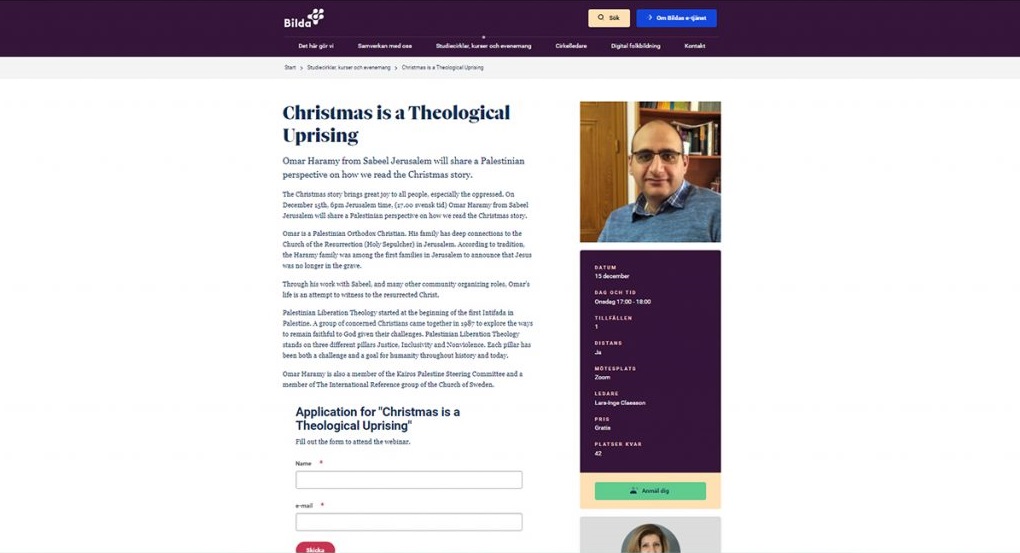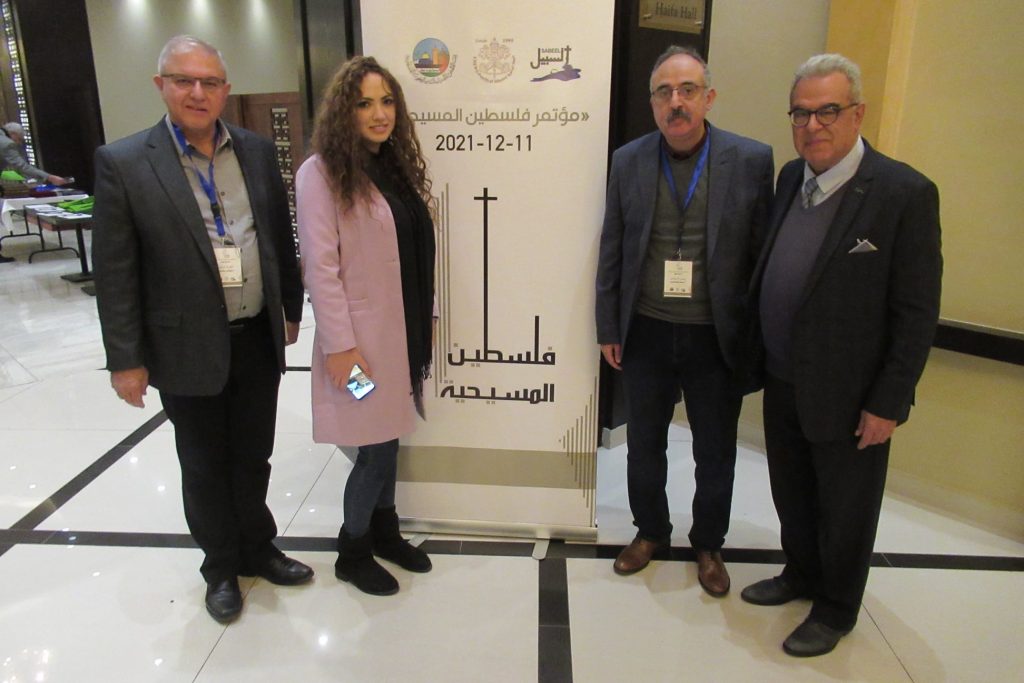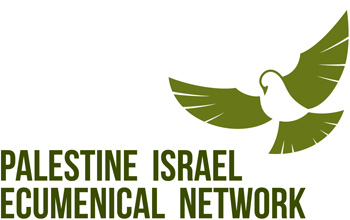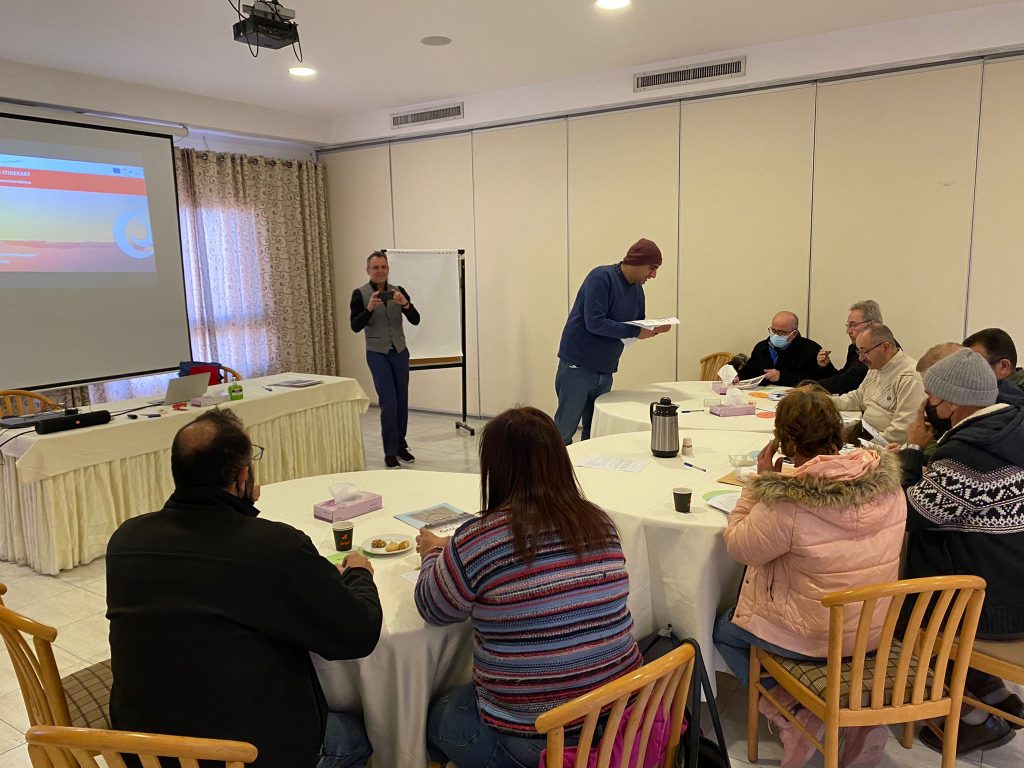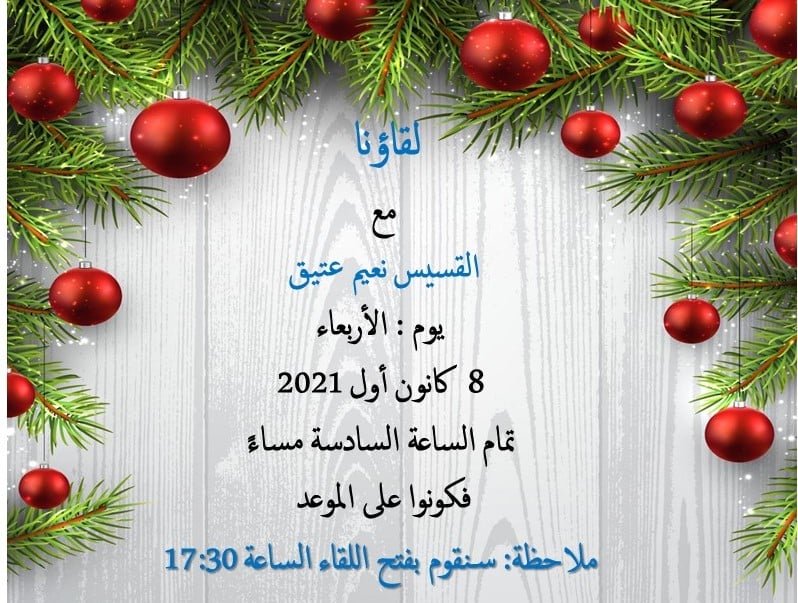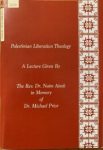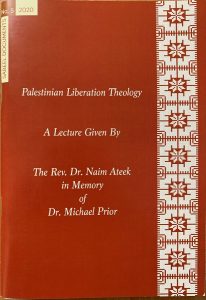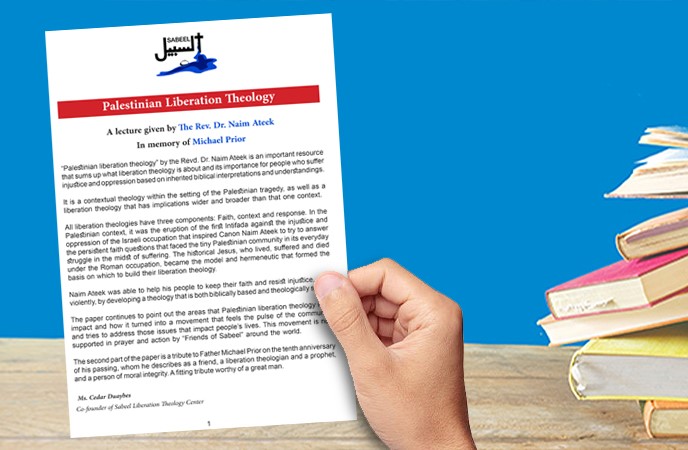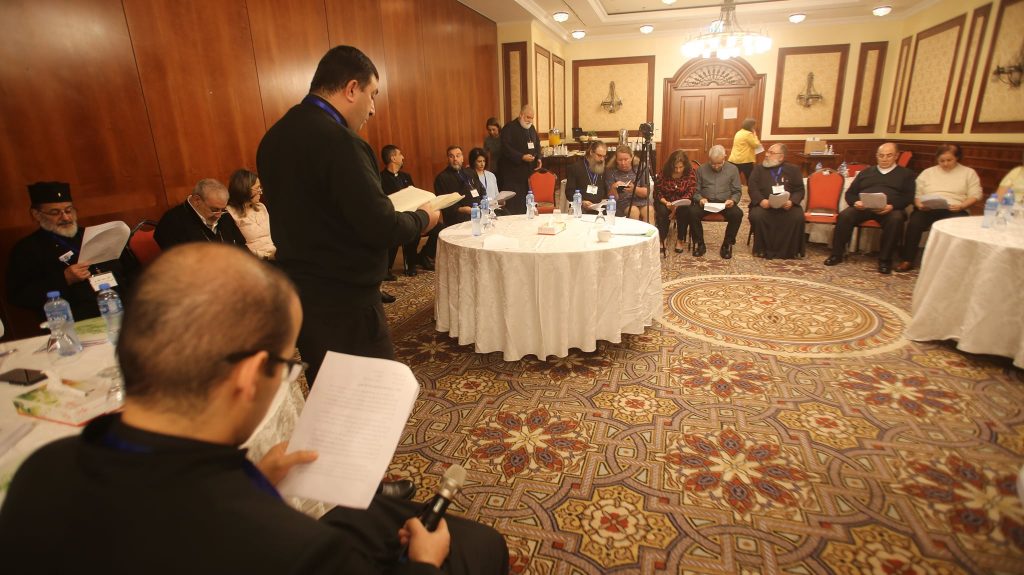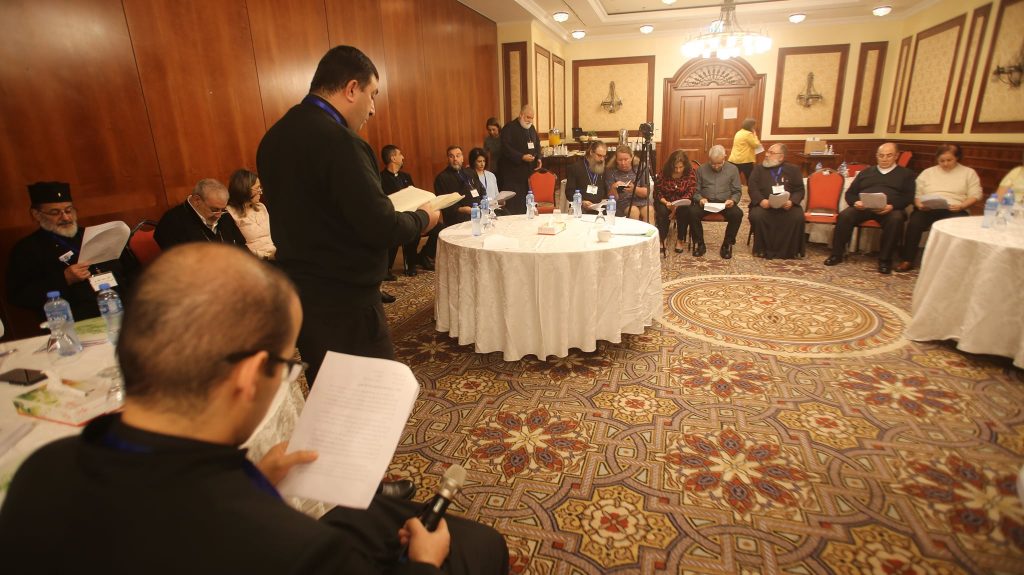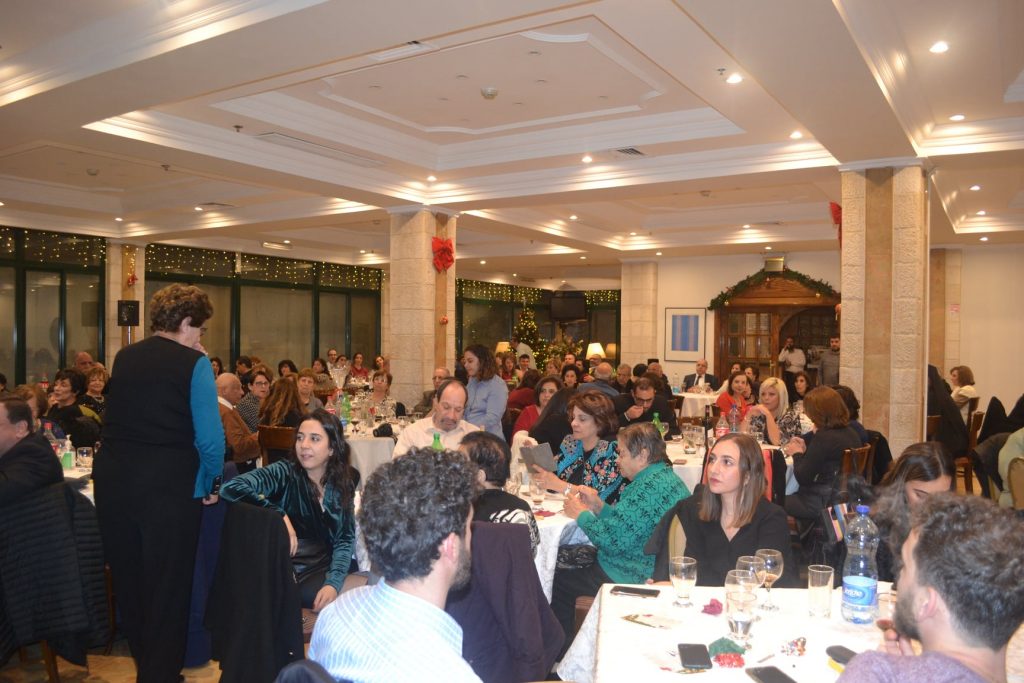

On Friday 17th o December, Sabeel held its annual Christmas dinner, its first since the outbreak of the pandemic. Sabeel has been holding a Christmas dinner each year, but it was not able to gather last year due to the pandemic. This year, the dinner was at the Christmas Hotel in Jerusalem. 32 clergy members and 172 members of the community gathered for this year’s dinner.
There are three different Christian calendars in Palestine, and the various Palestinian Christian communities celebrate Christmas at different times. Every year, Sabeel begins the Christmas celebrations to accommodate each of the Christian calendars so that all of the parishes, clergy, and communities can celebrate together.
This year’s festivities included many speakers, performances, and special foods. Sandra Khoury, the first female head of the Sabeel Board, welcomed the attendees and provided words of encouragement. She spoke about how we are still able to celebrate despite the challenges of the pandemic and the political situation. Bishop Atallah Hanna read the Nativity story and chanted from the Gospel. The Syrian Orthodox Priest of Jerusalem Father Paul Khanu read the Lord’s Prayer in Aramaic. The Armenian choir presented three Christmas hymns in Armenian. Throughout the dinner, two young Palestinian artists Lina Sleibi and Jerius Bulatta performed Christmas music. Sister Ghada Nimeh, from the Rosary sisters, gave a Christmas message about the Catholic Church’s Synod process. Through the synod process, the Church, clergy and community, is trying to figure out together how the Church should function and what should be its responsibilities. This is a very important opportunity for laypeople, especially women and young people, to influence and change how the Church looks today. The evening ended with St. Barbara’s Feast, which is traditionally held on Friday December 17. The feast includes the special dessert of St. Barbara, which is made from dried fruits and wheat. The feast is very important because of its interfaith emphasis. It has become a custom of Christians to provide the feast for neighbors regardless of their religion. St. Barbara lived in a small Palestinian village close to Ramallah called Aboud. It is one of a few feasts that all of the community in Palestine celebrates regardless of their religion.

